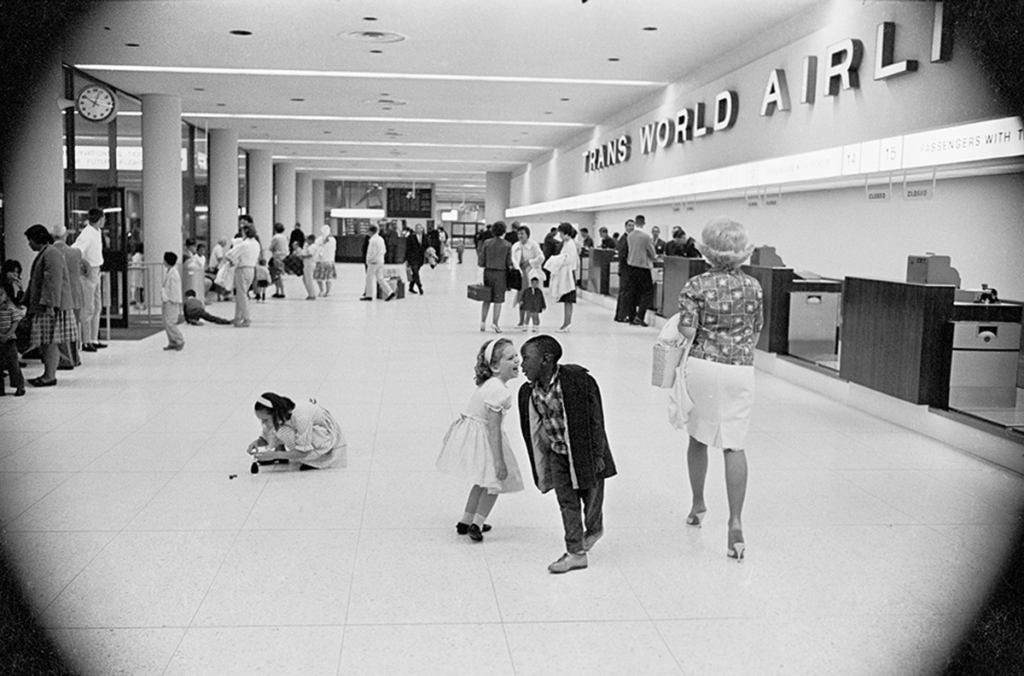Life in Black and White
A new volume commemorates the work of a brilliant photographer of the 1960s

About a year ago, an old college buddy named Shravan Vidyarthi materialized in Paris with his friend and collaborator, Erin Haney. They would soon be presenting work from a lost archive of Shravan’s late relative, Priya Ramrakha, who, like Shravan, was a dashing Kenyan of Indian descent and an extraordinarily talented and courageous photojournalist. The three of us went out to dinner and crawled the bars around Pigalle, and they showed me some of Ramrakha’s exquisite black-and-white images of what seemed like every major figure and event of the 1960s. Malcolm X and Queen Elizabeth close up and seemingly human, approachable even, the Mau-Mau uprising, and countless conflicts throughout Europe and Africa. Ramrakha was killed in October 1968 while embedded with Nigerian troops during the war in Biafra. Much of his work had been published in Time and Life, and Shravan and Erin were on a mission now to collect them into a book, which they would fund through an ambitious Kickstarter campaign.
After they left, I made a modest financial contribution and then forgot about their project until a gorgeous volume—Priya Ramrakha: The Recovered Archive—appeared in the mail, followed by a 16” x 20” print titled, simply, Children Playing, TWA Terminal, Los Angeles 1960. This photograph depicts a boy and a girl, circling each other in a squeaky clean terminal populated by well-coiffed ladies in heels and men in slacks and collared shirts. The image’s unusual visual power derives from the frank juxtaposition of the children’s evident innocence and levity—they are probably no older than five—and the weight of our cultural assumptions and expectations: the boy is ebony-complexioned, his smile already tempered by a kind of world-weariness completely absent from the expression of joy illuminating his white-skinned playmate’s face. I am simultaneously troubled and inspired by this image, as I am by Ramrakha’s premature death and his expansive body of work.


